Finding childcare is a source of stress for most young parents. Firstly, because it marks an important transition: it's one of the first times you'll be leaving your baby in someone else's care for most of the day. Whatever happens on your first day back at work, you won't be completely relaxed, and that's normal!

Secondly, because it can be complicated to reconcile what you'd like with what's possible. While it's important to start thinking about your options during pregnancy, there's no point in making a decision before the baby is born: childcare facilities may offer you a waiting list, but you'll rarely be allocated a place before the baby is born. However, it's still important to find out what's out there and open up your options by getting on the waiting list. Talking to other parents, for example, will give you a better idea of what's out there. It's a bit like going on vacation: you find out about the destination, talk to others who've made the trip and then organize everything according to your personal feelings.
Here's a list of questions to help you on your way!
1. What is my monthly budget?
The budget will clearly provide a framework for the options you can consider. However, it's important to remember that the most expensive option isn't necessarily the best one for you! For example: an in-home nanny is the most expensive and least logistically demanding option, but may not meet your criteria in terms of early-learning activities and variety. Whatever happens: avoid undeclared options. It's a false economy and, above all, very risky, because if anything goes wrong, you have no recourse! Don't forget to factor in tax deductions, as families can deduct actual childcare costs. Check by canton: the law now allows you to deduct up to CHF 25,000 per year per child in the canton of Geneva, for example, compared with CHF 9,100 in the canton of Vaud.
Some points of reference :
- Public nursery: average rate CHF 120/day (for an infant). Outside the big cities, rates are much lower. Rates are degressive according to income: for Geneva, you can use this tool to simulate the following rates
- Private crèche: average rate CHF 140/day
- Family day care: between CHF 6 and 10/hour
- Nanny at home: between CHF 30 and 45/hour, or a minimum of CHF 225/day (for an 8h day).
- Nanny at home (live-in): you can deduct CHF 990/month if the nanny is provided with room, board and laundry.
- Au pair: 800 CHF/month for 30 hours a week (board, lodging and laundry)
In the case of group childcare facilities, you should always ask whether diapers and meals are included in the price.
2. Do I need flexible working hours?
Public day-care centers, some private day-care centers and, in some cases, day-care centers will not allow you flexibility in terms of working hours. If you know that you have a long commute or that you may have to work late, there's no point putting extra stress on yourself by choosing a structure that doesn't allow this flexibility. In any case, you'll need to define a general framework, but if it really isn't possible for you to guarantee arrival and departure times, choose an option that offers you flexibility because you don't need the extra stress.
Which options offer the most flexibility?
In most nurseries, you'll have to choose the full-day or half-day option within specific time slots.
The Little Green House crèches (in Versoix, Morges, Gland, Perly-Sertoux and Zurich) offer a wide range of opening hours.
If you choose day foster care, it's important to discuss this with them. It may not be a problem, but it's best to be clear about these issues from the outset.
Of course, the advantage of an at-home nanny is that she's on site, saving you an extra trip to and from the childcare facility.
3. How many children need to be looked after?
The number of children clearly has an impact on the type of childcare: firstly, because it has an impact on the price. Indeed, with a nanny at home, you benefit from economies of scale, whereas this is not the case with collective structures (although there are discounts). This also has an impact on logistics: if your children end up in 2 different places and this complicates your organization too much, it's important to reconsider the different options. That said, if you already have a child in a childcare system and you have a second child who will also have to be registered in the same place, it's possible that you'll be given priority.
4. How important is an attachment figure to me?
Perhaps you want your child to be looked after in a reassuring environment with a single attachment figure. In day-care centers or nurseries, they will be looked after by different people. Children get used to this situation, but sometimes it can help to have just one attachment figure (the nanny at home, day care). Often, the transition can go more smoothly. On the other hand, sometimes your child will cry because he or she doesn't want to leave the nanny or day-care mother.... This is the other side of the coin, but it's a good sign and doesn't prevent your child from knowing who his Mommy is! As far as au pairs are concerned, you should know that although this is a financially attractive option, you have to find a new person every 6 to 12 months, or even 18 months in the best of cases. So you have to go through all the procedures again, and reacclimatize your children to a new person.
5. Do I have to commute a lot to work?
This criterion is important because if you have to travel more than 45 minutes to pick up your child, it can be very stressful if you take a road with a lot of traffic, or if you take public transport and there are often delays (even if in Switzerland, in general, this goes well, unlike in other countries). This will have an impact on the option you choose and, above all, on the way you organize your stay: the option you choose should be flexible enough to allow you to cope with any delays, or you should be able to find a way of organizing your work that allows you to deal with these logistics with peace of mind. We already have plenty of reasons to feel stressed and guilty with our children, so if we can avoid logistics being a source of anxiety, all the better!
How do we approach this issue?
Discuss this possibility during your interviews, to find out what the consequences are if you're late. You should also discuss this with your employer: you may be able to work from home several days a week.
6. Is sociability an important criterion?
Even if this criterion is of prime importance to you, you should know that - before 12 months - children interact little with each other, and before 18 months, they don't play together. Putting them in a group childcare facility for this simple reason when they're very young isn't necessarily relevant: on the other hand, from 12/18 months it's definitely a good solution to prepare them for the community when they start school.
What to choose in this case?
- Day-care centers (private or public)
- Day foster care: it's important to know how many other children are being looked after, and how old the other children are. You can also ask if the day mom does group activities.
7. Does the educational framework proposed by the host organization correspond to my values?
It's important to make sure you're comfortable with the daycare center's educational approach: for example, is it important to you that your child goes out often? Do you prefer a strict or more flexible approach? Are languages important to you? This will really help guide your choices. You may have to make some compromises, but if you're aware of them, they'll be easier to accept.
8. Do I have a fallback solution in case of problems?
You can't anticipate everything, but you can be sure that at some point things won't go as you planned (for example, if your child is ill). Just try to find out what your options are, as this will make it easier to deal with the situation should it arise. In Switzerland, the Red Cross offers last-minute childcare for sick children. You can also find out if your company offers sick leave. Finally, if you have family, neighbors or friends who can act as back-up, discuss this possibility with them to see what's possible.
9. Do I know my priorities (and those of my partner)?
Once you've asked yourself all these questions, try to define your priorities and, above all, align them with those of your partner! This will make things a lot easier if you have to compromise. You have to force yourself to prioritize, because you may find that some of your initial criteria are not so important. Give yourself the right to change your mind! Before the baby comes, after the hormone crash, after weeks of incomplete nights, your vision may change. Maybe the option you were considering isn't right for you: make a list of all the options around you. It's only by facing up to reality that you can see what's right for you and what's not.
10. What does my intuition tell me?
This is what should guide your final decision! You're rarely euphoric about leaving your child, but you can sense if you're not comfortable. If you reluctantly accept a solution, chances are it won't go well, starting with the fact that your child will feel your stress. Trust your intuition and resist the pressure: you'll be told "if you don't choose this option, you may not have a solution in time", but don't give up and keep exploring the options to the end, and you'll eventually find what's right for you.
Please note: in Switzerland, children start school if they have reached the age of 4 by July 31 of the current year. This means that if your child was born on August 2, 2017, for example, he or she won't start school until the start of the 2022/2023 school year. On the other hand, if your child was born on July 28, 2017, he or she will start school at the beginning of the 2021/2022 school year. There are day-care centers and private schools that welcome children as young as 3.
Download here a comparative table of childcare options. A summary that will help you see things more clearly, and help you make progress in this not-always-easy process:
For more information on childcare in Geneva, read the article here with a testimonial from Valentine Caporale about the Red Cross childcare service.


Diane Lapaque
Mom of Esteban, Maël and Noé
Co-founder and Director of1,2,3 kiD
Instagram : @123kid.club
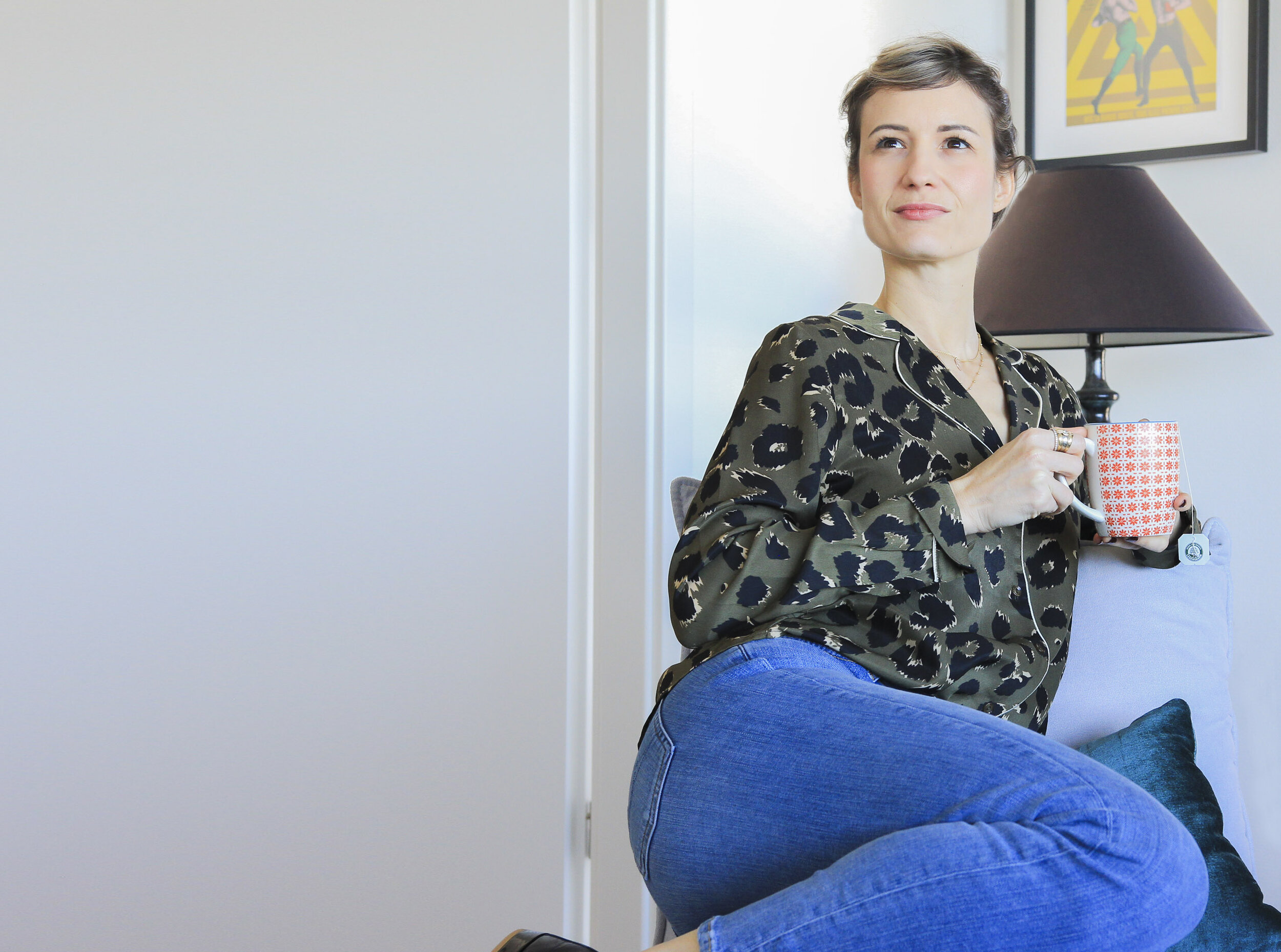
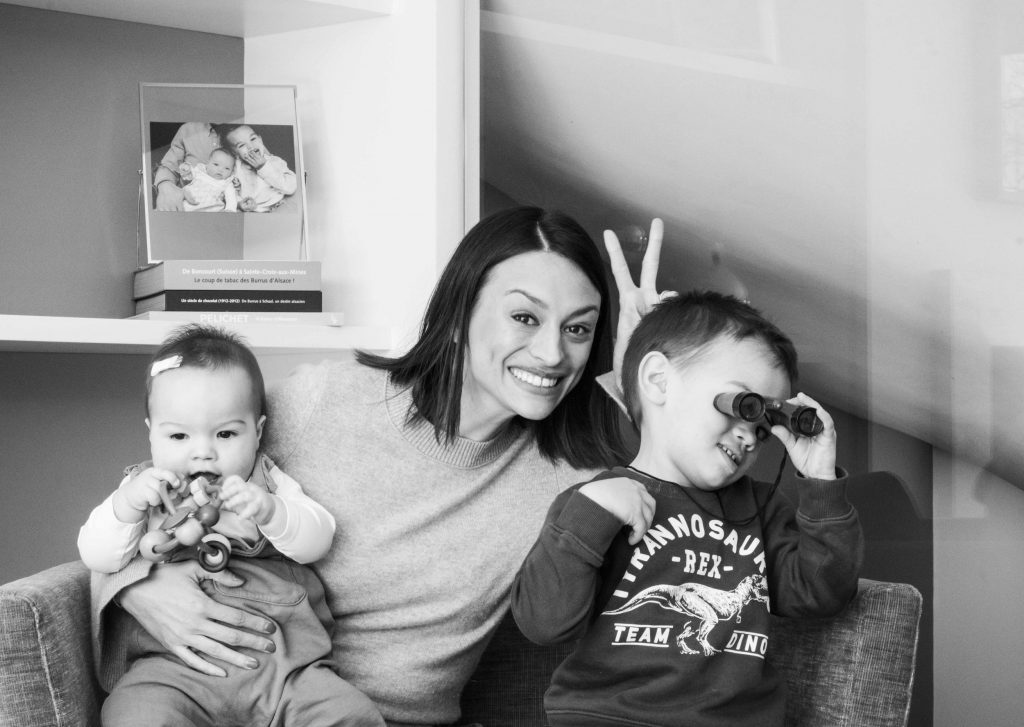


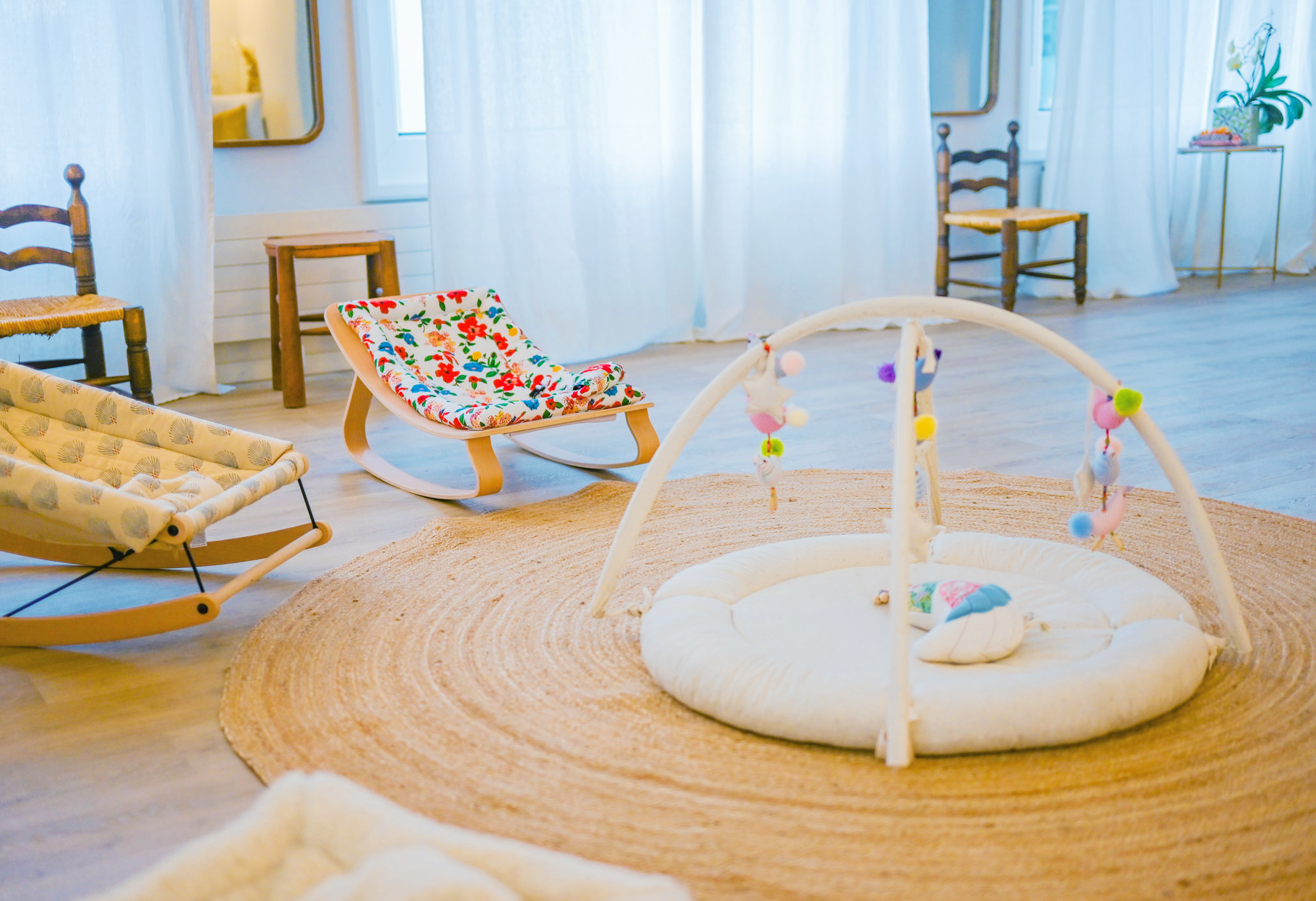

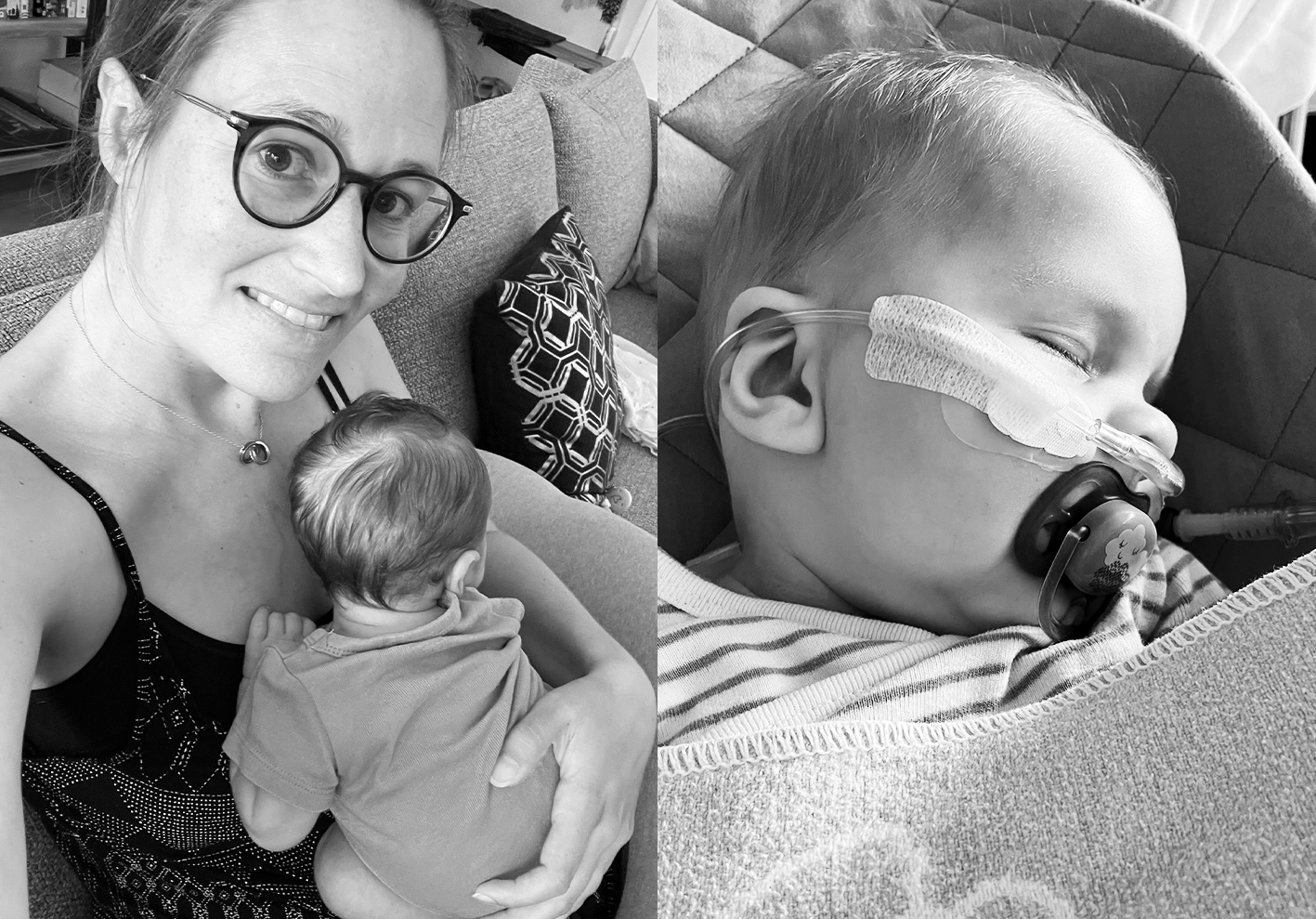

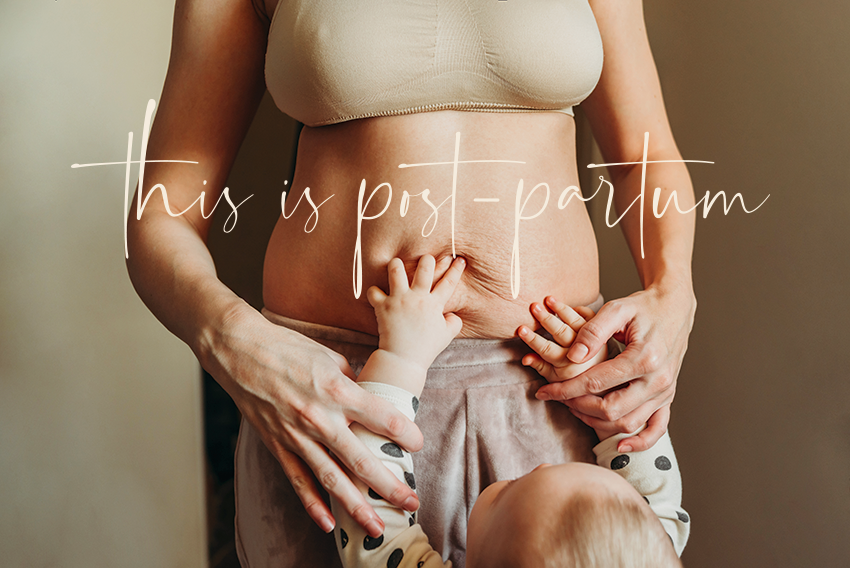








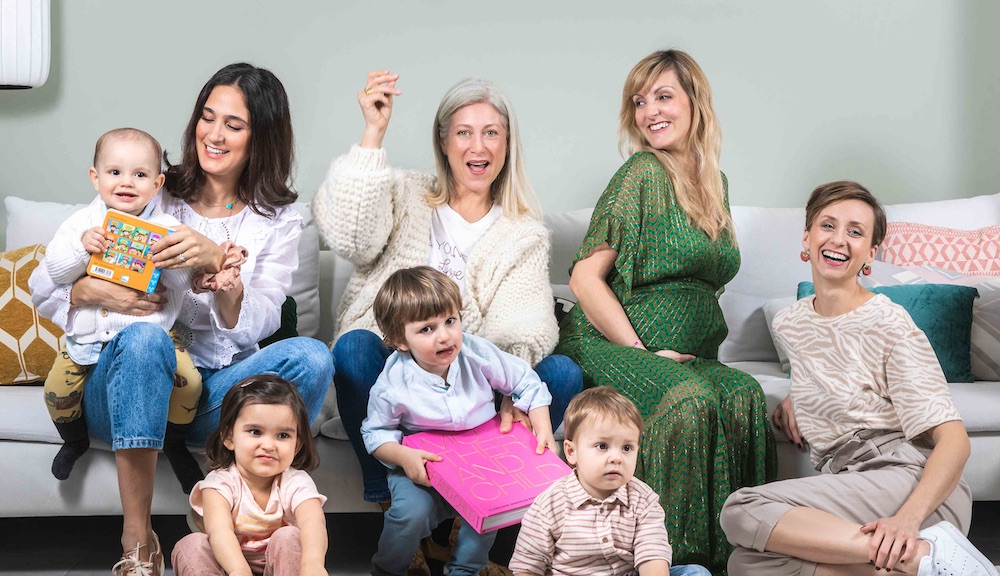


Share this article